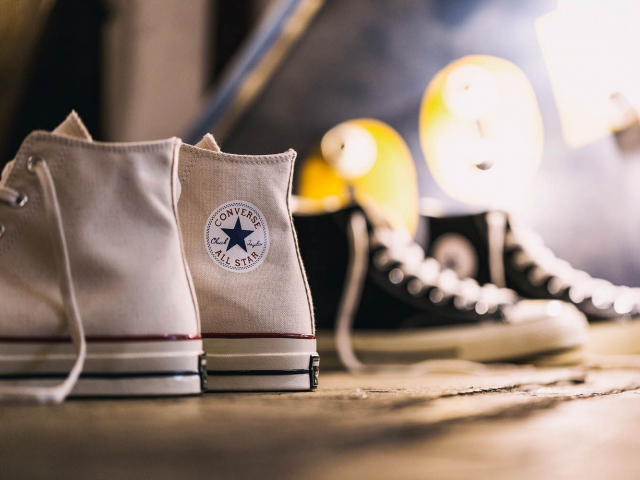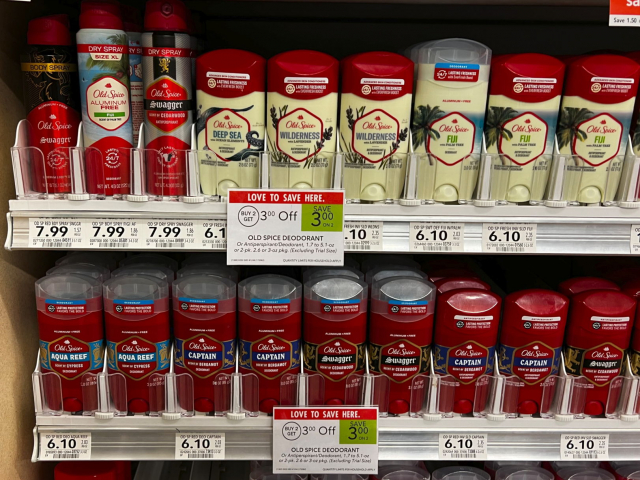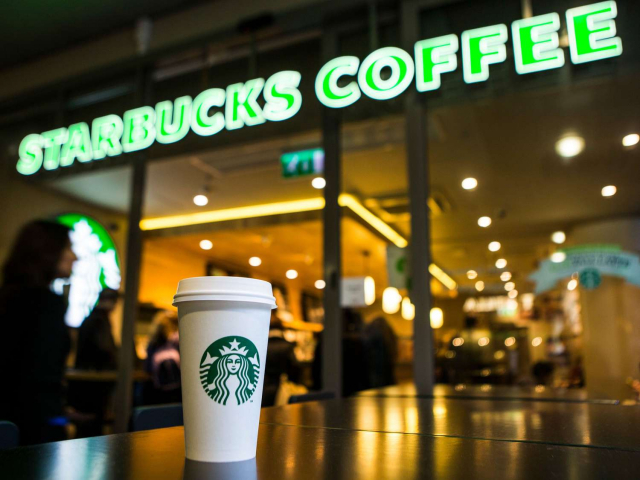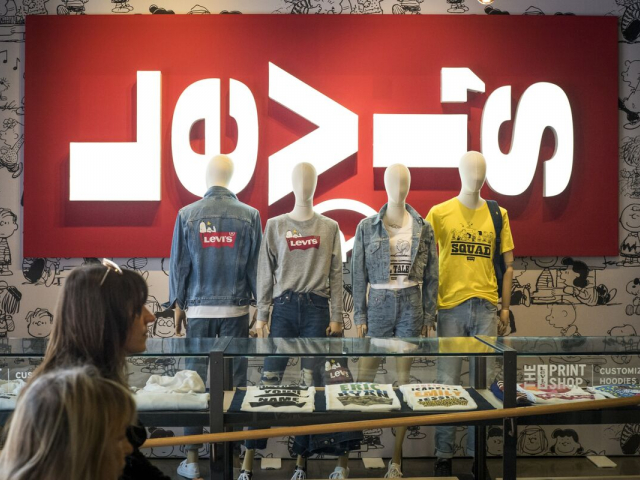
Converse
In the early 2000s, the iconic Converse sneakers lost their former popularity, overshadowed by more modern models from Nike and Adidas. As a result, the company faced major financial difficulties and declared bankruptcy in 2001. Unexpectedly, salvation came from its main competitor, Nike, which bought the brand for $315 million in 2003. Nike focused on subcultures and introduced new design solutions for Converse sneakers. As a result, in 2019, sales skyrocketed to $2 billion.

Old Spice
The Old Spice cosmetics brand, founded in 1934, also lost its market share in the early 2000s as younger audiences preferred more modern brands like Axe. Its owner, Procter & Gamble, saw the need for change and in 2010 launched the massive "Smell Like a Man" marketing campaign. This instantly revived Old Spice’s popularity, leading to a sharp increase in sales from $280 million in 2009 to $1 billion in 2017.

Starbucks
Founded in 1971, the Starbucks coffee chain also encountered serious issues in the early 2000s. A rapid expansion led to a decline in service quality and growing customer dissatisfaction. The situation became even worse in 2008 because of the financial crisis. The company had to close 900 stores, putting its future in jeopardy. A successful marketing campaign, focusing on the quality of its coffee, saved the brand. It helped Starbucks regain customers and boost its revenue to $16 billion by 2014, once again securing its leading position in the market.

Polaroid
Polaroid, known for its instant cameras and film, fell into crisis with the advent of the digital era and completely ceased production in 2008. However, that same year, a group of Dutch enthusiasts launched the Impossible Project to revive the production of film for old Polaroid models. Later, the startup and the brand were acquired by Polish businessman Wiaczesław Smolokowski. Under his leadership, Polaroid began producing instant cameras again, which gained popularity with a new generation fascinated by analog photography.

Levi’s
In the early 2000s, the popular jeans brand Levi’s was also on the brink of bankruptcy. The company’s debts soared to $2.5 billion, and jeans sales were plummeting. The turning point for Levi’s was an ad campaign highlighting the brand’s timelessness and versatility. Around this time, Levi’s expanded its range to include activewear and opened stores offering custom tailoring services. These steps helped the company boost sales to $6 billion by 2022.
 Deutsch
Deutsch 
 Русский
Русский English
English Bahasa Indonesia
Bahasa Indonesia Bahasa Malay
Bahasa Malay ไทย
ไทย Español
Español Български
Български Français
Français Tiếng Việt
Tiếng Việt 中文
中文 বাংলা
বাংলা हिन्दी
हिन्दी Čeština
Čeština Українська
Українська Română
Română
